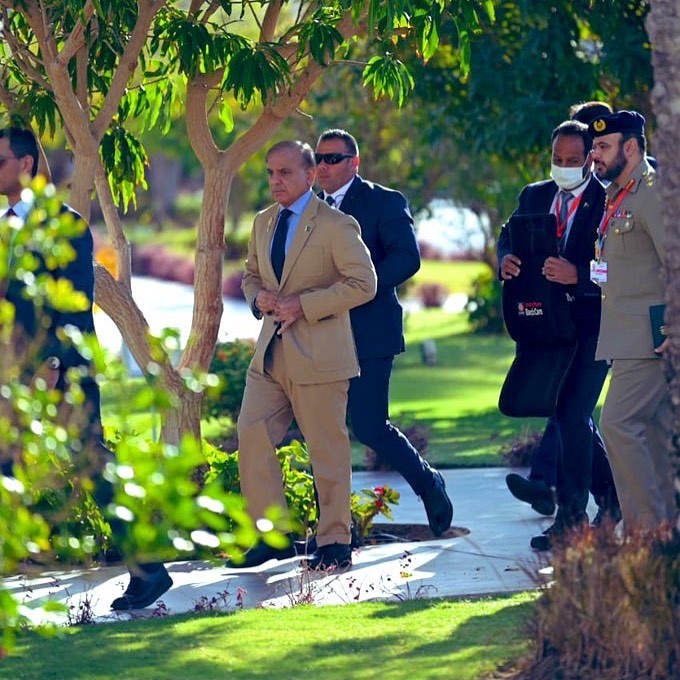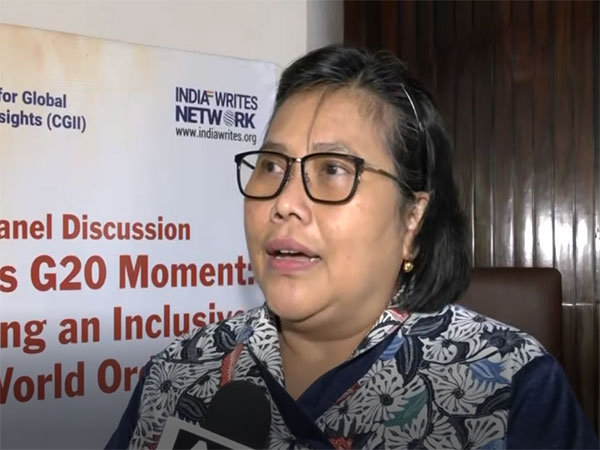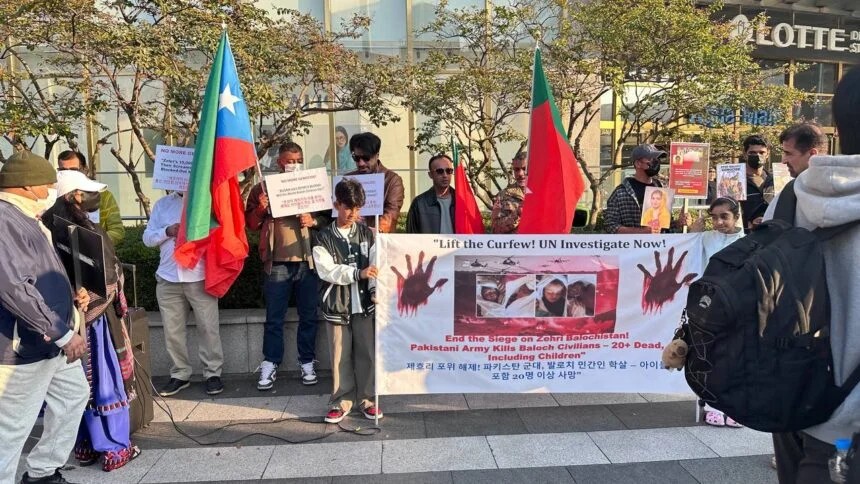A popular Hindu doctor and a Sikh shopkeeper were added to a long list of victims of religious persecution in Pakistan. Hindus and Sikhs have been the target of systematic violence in Pakistan. But their marginalisation and their everyday experiences of violence, discrimination and exclusion is not much debated … writes Dr Sakariya Kareem
In a recent case of targeted killing, an eye specialist and senior director of Karachi Metropolitan Corporation, Dr Birbal Genani, was shot dead in Pakistan’s Karachi. Dr Genani happened to be a Hindu in Pakistan. Soon after this shocking killing, a Sikh shopkeeper was shot dead in Peshawar of the Khyber Pakhtunkhwa (KPK) province of Pakistan. This was the fourth targeted killing of a member of the Sikh community in two years.
Dayal Singh, in his 40s, was sitting at his shop when an unidentified assailant arrived on a bike, entered his shop and shot him dead. Earlier in March, another Hindu doctor from Pakistan’s Hyderabad, Dharam Dev Raathi, was killed by his driver inside his house who slit the doctor’s throat with a knife.

Hindus and Sikhs have been the target of systematic violence in Pakistan. But their marginalisation and their everyday experiences of violence, discrimination and exclusion are not much debated. Recent massacres of religious minorities in Pakistan have focused new attention on the predicament of minorities in a country which is generally perceived to be a homogeneous Muslim nation. Hindus live mostly in rural Sindh, with smaller communities elsewhere, and anti-Hindu sentiments and beliefs are widely held among many sections of the population, in Pakistan.
Physical attacks, social stigmatisation, psychological insecurity, forced conversions and continued institutional degradation characterise the position of religious minorities in Pakistan. The role of the military, the political use of religion by governments and a weak civil society, all pose enormous challenges to minorities in Pakistan. The religious bigots inflame the prevailing prejudices stemming from ignorance against non-Muslim minorities and by stereotypes of other religious traditions – Christians, Hindus, Sikhs, Shias and others, through the mosques and on the streets.
Religious minorities are largely a victim of vigilante violence. Religious minorities are largely a victim of vigilante violence. According to Ameer Singh, president, of the Pakistan Sikh Gurdwara Parbandhak Committee (PSGPC), there are just 20,000-25,000 Sikhs estimated to be left in Pakistan of which around 500 Sikh households are in Peshawar.
They are frequently singled out or deliberately targeted for their religious belonging, and also have less access to resources that could help them cope with these traumas.
Satnam Singh, a Hakeem, was shot dead inside his shop in Peshawar on September 30, 2021. Then on May 15, 2022, two Sikh men Ranjit Singh and Kuljit Singh, were shot dead when they were sitting inside their shops at Batta Tal Chowk. In all these cases, unidentified assailants barged into the shops of Sikh shopkeepers and shot them dead. Local Sikh community members said that since 2014 there have been at least twelve such incidents in KPK when unidentified assailants came and targeted Sikhs.
While some of them were injured, others lost their lives. In 2018, Charanjit Singh, a prominent Sikh community member, was killed by unknown men in Peshawar.
Similarly, news channel anchor Ravinder Singh was killed in 2020 in the city. In 2016, Pakistan Tehreek-e-Insaf National Assembly member Soren Singh was also killed in Peshawar.
Hindus and Sikhs constitute a small percentage of Pakistan’s population but forced conversions, cases related to charges of blasphemy and prejudice, low tolerance towards religious minorities and sensitivities of Muslim religious fanatics are on a rise in Pakistan for the last few years (The Diplomat, 2020) which may aggravate their perceptual social discrimination, and thwart their need to belong and psychological well-being.
Sikhs are also forced to pay the discriminatory jizya, (protection money to be allowed to continue practising their faith), and as per reports, Sikhs who have refused to pay jizya have been killed publicly. Thousands of Sikhs have emigrated to safer countries like India.
Pakistan is not only a dangerous place for minorities, but indeed for a great number of its citizens. This shared experience of violence, and the resulting negative effects, cannot be emphasised enough, and it connects minorities in Pakistan with other sections of the population. On January 16, 2023, United Nations (UN) experts expressed grave concern about the alarming rise in coerced marriages, kidnappings and forced conversions of minor girls belonging to religious minority communities in Pakistan.
Why is it that the Pakistani state has not been much effortful in addressing the grievances of minorities? The state has not only failed to protect the rights of its minorities but has also done little to ensure equal rights and freedom of speech, religion and life for the small minority population of the country. It was during Bhutto’s rule and General Zia’s regime that the space for minorities became limited in the country with the onset of religious extremism leading to extremist attacks on minorities and their places of worship. Soon after Zia’s policies of Islamisation, the narrative and discourse in Pakistan started leaning towards the right, making life difficult for the minority communities in the country.
Over the years Hindus have been subject to frequent threats and attacks by religious fundamentalist groups. If this phenomenon is not checked by the state, the country will soon be dominated by a common narrative of extremism that would only allow space for Sunnis to live while limiting the boundaries for minorities to practice their religion and also live as free citizens.









